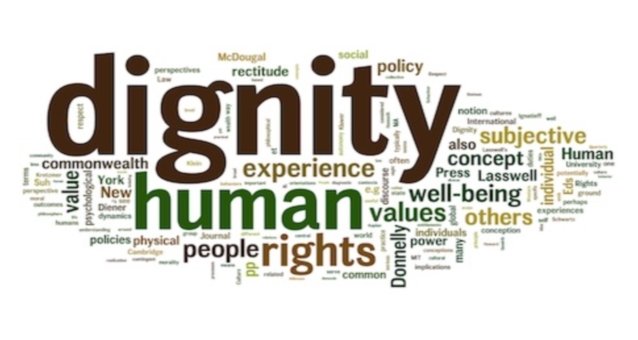Controversial new practices - discriminatory healthcare provision in Greece

[Brussels, 25 July 2013] A controversial legislative provision has been recently re-introduced in Greece by the newly appointed Minister of Health Adonis Georgiadis. The provision to address issues of public health, has been accused by the political opposition, International Organisations, NGOs, and other civil society actors as racist, highly discriminatory and against national, constitutional and international legislation related, among others, to discrimination and data protection. Undocumented migrants, drug users and women suspected of being prostituted persons are liable to forced obligatory testing for hepatitis, HIV and other sexually transmitted infections and communicable diseases.
History
In April, 2012, a month before national elections, Andreas Loverdos, then Minister of Health, introduced the ΓΥ/39 healthcare provision to safeguard public health since, according to him, prostitutes that are HIV carriers are health time-bombs and a danger for society as a whole and safety of citizens and, thus, they have to be quarantined.
With that provision as a basis in 2012 forced blood testing, prosecutions, arrests were made, and 28 women charged with prostitution diagnosed as HIV positive had their pictures published on the internet. All women were found innocent by the Courts that examined the cases.
As anticipated, a question that was immediately raised was why the pictures of their clients, who were after all the ones demanding sex without protection, were not published as well.
National and international outcry
The reaction of local, national and international Non-Governmental Organisations, International Organisations and other civil society actors was immediate.
ACT UP – Take Action and the Greek Council for Refugees submitted in October 2012 a request to the Council of State, Greece’s highest Court, for a cancelation of the provision.
The Hellenique League for Human Rights stated that “the publishing of these women’s pictures is unacceptable and an insult to their dignity” and UNAIDS, the Joint United Nations Programme on HIV/AIDS, called the Greek authorities to review these laws and practices.
Now
One week after his appointment as a Minister of Health, Adonis Georgiadis re-introduced the healthcare provision that was previously cancelled by former vice-minister Foteini Skopouli. The latter commented that "we are witnessing the re-introduction of a clearly racist provision that violently attacks specific groups of the population and has nothing to do with public health protection”.
Adonis Georgiadis’ response, through his twitter account, was that since his predecessor Ms Skopouli cancelled the provision instead of replacing it, she created a legal void. According to Mr Georgiadis, the healthcare provision is to be in place while a new proposal is being processed that will include the observations of all involved parties.
A case indicative of the situation is the arrest of people diagnosed as HIV positive that were outside Andreas Sygros Hospital, Athens, while waiting to get their treatment, that took place after the re-introduction of the provision.
A provision like this has no place in a democratic state that has anti-discriminatory obligations arising from national and international legislation. Laws that discriminate against people and attack the dignity of specific population groups, that do not respect the right to privacy and protection of personal data, should be immediately banned. Focusing on stigmatization and “name-and-shame” policies should by no means be a viable option of politicians, let alone a priority in the political agenda, when it comes to rationalization of the health services. Instead, the government must pursue policies that retain issues like human dignity and human rights as central to any political agenda.




